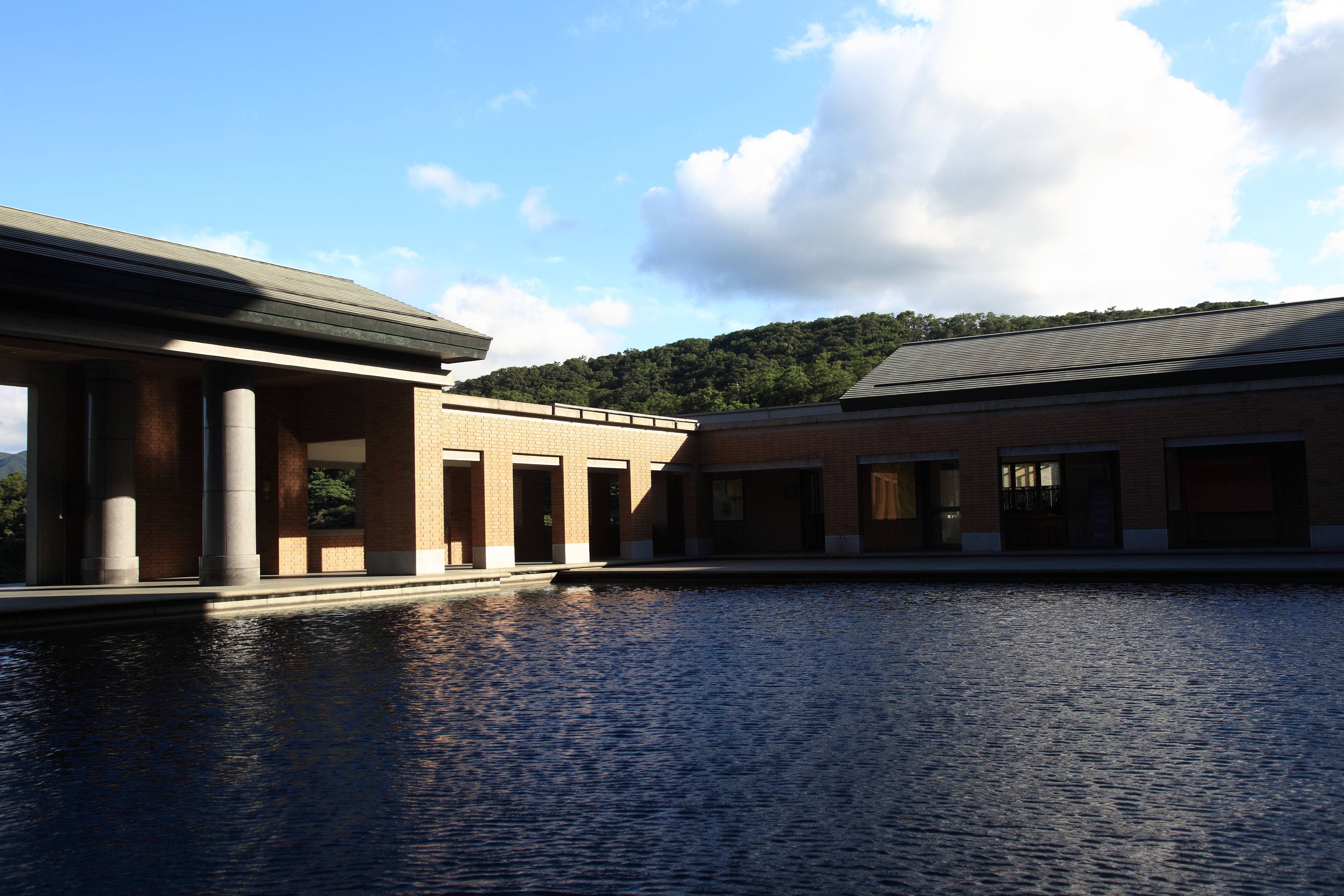News

January 07, 2020
Conversations on Buddhism: practicing with a master or on one's own?
In all cases, whether alone or with a group, whether as a householder or home-leaver, it is better to practice under a qualified master. Practice without the guidance of a master will probably not be too fruitful. Practicing with a master can save you time. A master's understanding and experience can help you firmly grasp the essentials of practice and cultivate a correct view of Buddhadharma. This enables you to more quickly free yourself from the vexations of body and mind. With a master, time otherwise spent studying sutras and worrying about following the right path, can be devoted single-mindedly to practice.
There are people, however, whose karmic roots are sharp and deep; that is, they have practiced well for many lifetimes. Such people will make speedy progress whether they have the guidance of a master or not. They will understand Buddhadharma and will not stray from the path. For example, Sakyamuni practiced with many masters before becoming completely enlightened, but, as he was not satisfied with their teachings, he practiced on his own for six years. He did not attain enlightenment until he put down everything. Sakyamuni did have teachers, but his was a case of self-enlightenment. The Sixth Patriarch, Hui-neng (638-713), also got enlightened without the guidance of a master. In his case, hearing one line of the Diamond Sutra was enough. Later, the Fifth Patriarch confirmed his attainment. In essence, the Diamond Sutra was his teacher.
As you can see, such people are rare. Unless practitioners feel they are on a par with people such as the Buddha and the Sixth Patriarch, I would suggest that they seek the guidance of a good master. If practitioners have mental obstructions or difficulty with their practice, masters can help them resolve their problems. Also, if practitioners have some type of experience, a master can determine whether it is genuine or not. Left alone, practitioners may deceive themselves, thinking that an illusory experience is enlightenment. That would be harmful to their practice.
As a practitioner, you should have a method, and you should understand the goal of your practice. You should set aside a period of time each day to practice.
In addition to daily sittings, every so often you should devote a longer period of time exclusively to practice: one full day per week, one entire weekend per month, et cetera.
In addition to daily sittings, every so often you should devote a longer period of time exclusively to practice: one full day per week, one entire weekend per month, et cetera.
If you want to conduct a solitary retreat for a month, a year, or even several years, then certain criteria must be met. You should have a sound grasp of Buddhadharma and your practice. Your physical and psychological health must be strong enough to endure the rigors of an extended solitary retreat. Be familiar and smooth with your method; in other words, be able to cope with any mental or physical phenomena that arise, and be able to correct and refine your understanding of the Dharma as your practice develops. In most cases, experiences will be illusions if you are unable to determine if an experience is genuine. The best attitude is to ignore all unusual phenomena, sensations, ideas and feelings that arise. It is important to have a detached, non-seeking, calm attitude. Remember, I am talking about experiences that arise during practice. If you get sick or hurt yourself, it would be foolish to ignore it. If all these criteria are not met, you will develop serious physical and mental obstructions, and will not know how to deal with the rigors of solitary retreat.
Therefore, beginners should not attempt a solitary retreat. In fact, I would not recommend it for most people. It is very demanding. Most people are better off practicing in a group ─ preferably of five people or more ─ with or without a master.
Again, having a master is always better, but group practice without a master is preferable to solo practice without a master. If one member has problems, the others can help.
Therefore, beginners should not attempt a solitary retreat. In fact, I would not recommend it for most people. It is very demanding. Most people are better off practicing in a group ─ preferably of five people or more ─ with or without a master.
Again, having a master is always better, but group practice without a master is preferable to solo practice without a master. If one member has problems, the others can help.
Resources
Zen Wisdom, Solo Practice, Group Practice, and Practice with a Master , pp.17-19
BookStore
